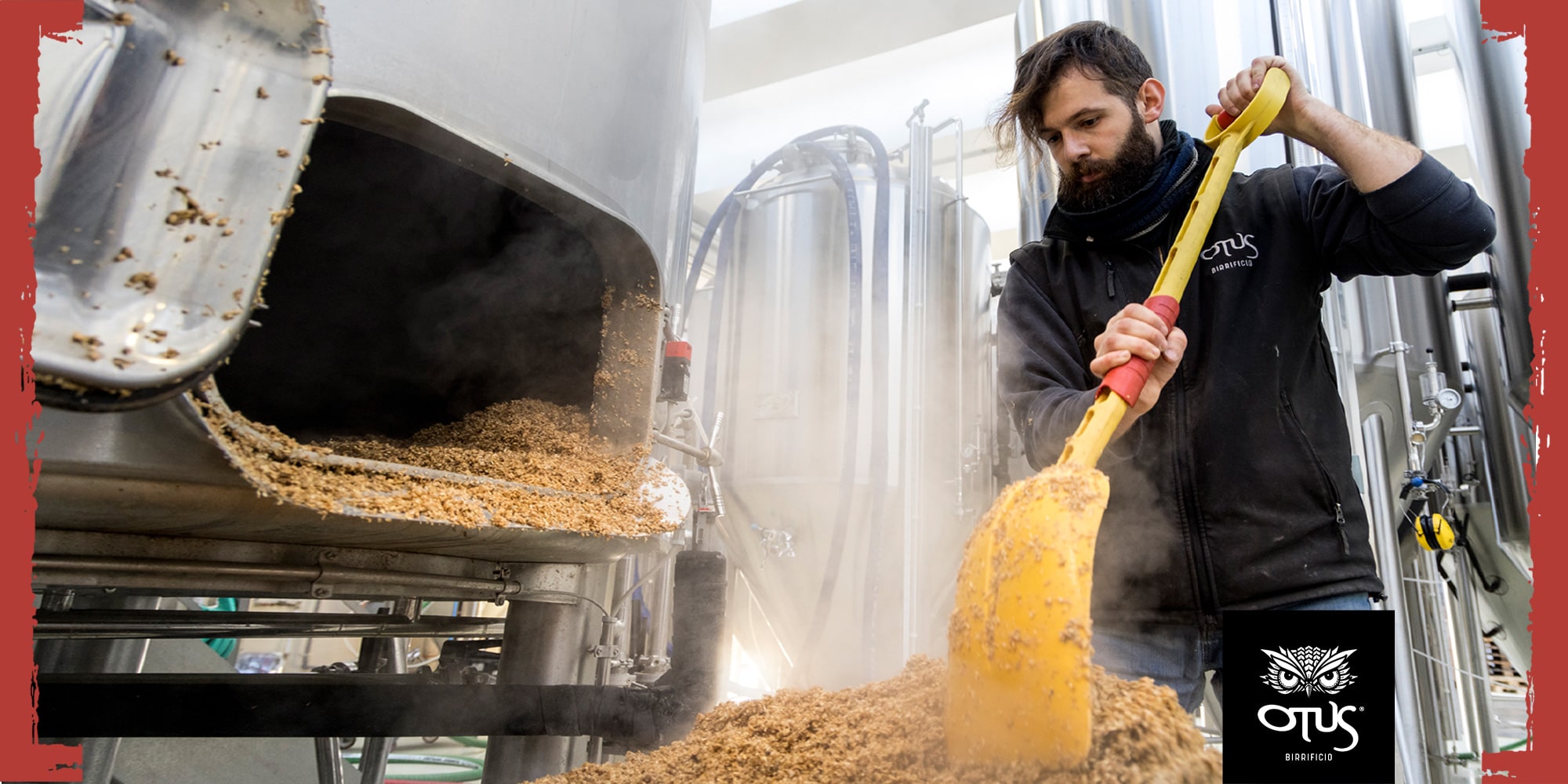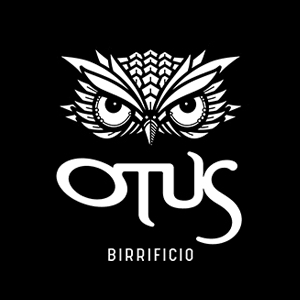
OTUS Brewery: clean energy from brewer’s spent grain.
Circular economy and sustainability in brewing: from byproducts to biogas and digestate for agriculture.
Circular economy is a production and consumption model that involves reusing, repairing and recycling of materials and products for as long as possible aiming at extending their life cycle and reducing waste, generating additional value.
On the contrary, the traditional linear economic model (based on the scheme “extract, produce, use and throw away”) needs large quantities of readily available and cheap materials and energy. However, we know that the planet’s resources are not endless and that waste products’ disposal is expensive from an economic and environmental point of view.
OTUS Brewery has implemented an innovative circular economic model involving the conversion of brewer’s spent grain deriving from production into clean energy using bacteria.
The brewing process.
The brewing process can be summarised in four main steps:
1. malt preparation
2. mashing
3. sugars fermentation into ethanol
4. filtration and bottling.
In beer production various ingredients such as barley malt, hops and yeast are used.
From waste to resource.
Brewers’ spent grains are made up of malted grain mashing residue. The residual content of proteins, amino acids, sugars and fats in spent grains and yeast makes them an excellent raw material to produce energy in the form of biogas, through the bacteria anaerobic digestion process. Among clean and renewable energy sources, biogas and biomethane are fundamental resources to progressively move away from fossil fuels.
In addition to biogas as gaseous part, with this process we produce digestate as solid part, i.e. the organic material not assimilated by bacteria. Digestate is a natural soil conditioner, a fertiliser to replace synthetic ones. With this virtuous process we “close the circle” and we return to Earth its products in the form of “nourishment”: it is nice to think that the beer production waste can be useful to cultivate barley fields, such as those we use to produce our beers.
Brewer’s spent grain is also excellently reused as feed for cows, pigs and farmyard animals in the livestock sector, thus transforming it from waste (to be disposed of at the brewery’s expense) into a resource, to be reused in the food supply chain circular economy.
An environmentally sustainable and cost-effective strategy.
The byproduct deriving from brewer’s spent grain of malt, hops and yeasts supplied by OTUS Brewery in 2022 contributed to a biomethane production of approximately 14,000 cubic metres. This avoided the release of 21 tons of fossil-derived CO2 into the environment.
Projects as this one drive us to commit ourselves to producing craft beer that can be more and more sustainable.
Find out more about all OTUS Brewery’s initiatives to reduce the environmental impact in our online OTUS TRIP editorial.


